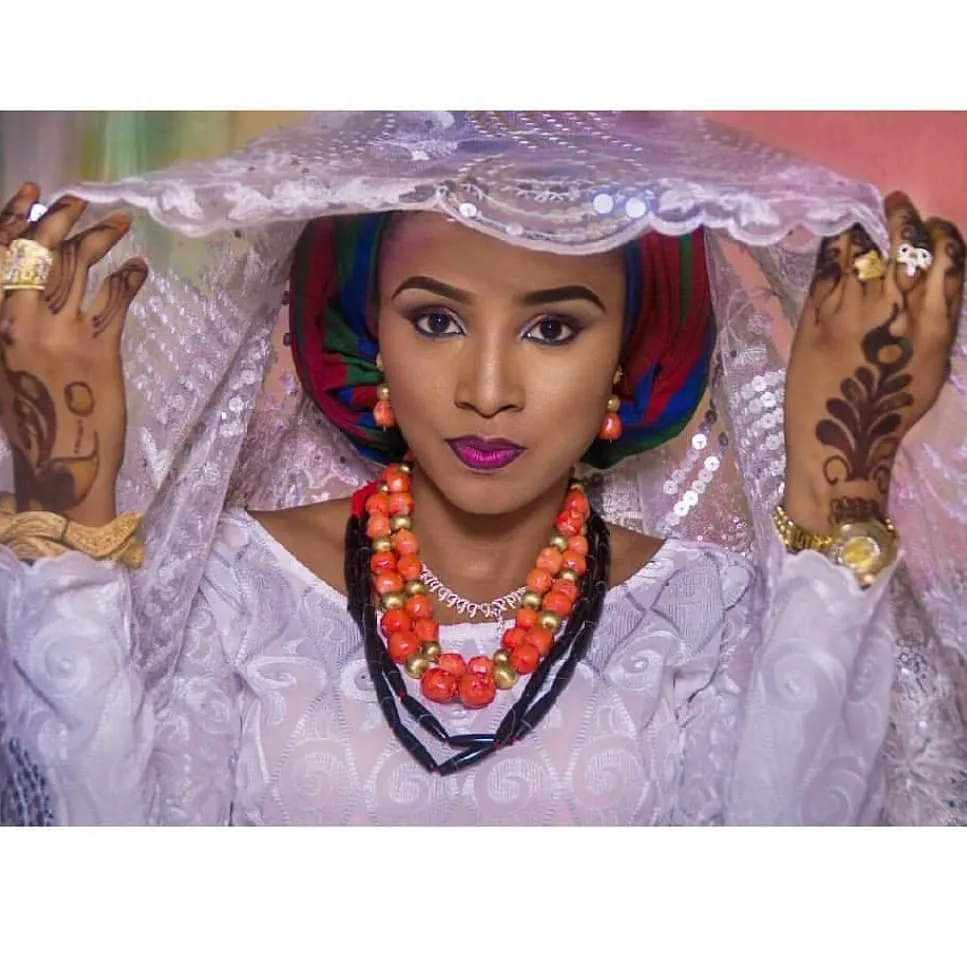Is the digital age truly reshaping the cultural landscape, or is it simply providing a new canvas for timeless traditions? The Nupe people of Nigeria are demonstrating that social media, specifically Twitter, is proving to be a powerful tool in the preservation and promotion of their rich heritage.
Across the digital ether, a vibrant community known as the "Nigerian_Nupe" Twitter space has emerged. This digital hub serves as a meeting ground for Nupe people and others interested in their culture. It is a place where history is discussed, political issues are debated, and social connections are forged. The success of this online community speaks to the adaptability of cultural identity in the face of technological change. The way Nupe people are using Twitter offers insights into how social media can foster a sense of community and contribute to the revival of cultural practices.
The phenomenon on Twitter is a testament to the power of the internet to transcend geographical boundaries and connect individuals with shared interests and backgrounds. Understanding the Nigerian_Nupe Twitter space offers insights into how these digital spaces can serve as platforms for cultural preservation, political discourse, and social interaction. The social media platform has become a vibrant arena where traditions are celebrated, contemporary challenges are addressed, and a sense of belonging is cultivated among a diverse group of people.
Diamond, also known as @nigerian_nupe on TikTok, is making a mark. With a strong presence and a significant following of 5 million likes, Diamond is using the platform to showcase their life and culture. Also active as a model, actor, and entrepreneur, Diamond leverages the platform to connect with their audience, share insights into Nupe culture, and promote their ventures. Beyond personal expression, the use of TikTok is a way for Diamond to engage with a wider audience, and to give visibility to Nupe culture, thereby adding to the rich tapestry of the Nigerian experience.
In the heart of Nigeria's Middle Belt, the Nupe people stand out as one of the largest ethnic groups. At the core of Nigerian art and culture, the Nupe community has consistently produced a variety of artistic expressions. The Nupe people have a rich artistic heritage, celebrated for their craftsmanship and aesthetic sensibilities. This includes a long tradition in ceramics, metalwork, and textiles. Everyday objects, such as water vessels, received painstaking attention, with each detail carefully considered and executed. The Islamic Nupe people from Northern Nigeria use intricate, nonrepresentational patterning on pottery and metalwork.
The Nupe people have a deep connection to the land, and their agricultural practices are central to their way of life. They primarily engage in hoe agriculture, using both a traditional hoe called a "dugba" and a larger, heavier hoe called a "zuku." Crop rotation and shifting cultivation are essential components of the Nupe agricultural system. These sustainable techniques ensure soil fertility and resource management, and this also reflects their understanding of ecological balance and their commitment to providing food for their communities.
The Nupe people have also made their mark through a vibrant artistic tradition, especially in the creation of objects from wood and ceramics. Handmade items are not just functional; they're also imbued with cultural significance, reflecting the skills of local artisans. An example of this is an African stool or table that is carved from a single piece of wood. These items show how tradition lives on in daily life.
The Nupe community refers to themselves as "Nupeci," and their language is called "Nupe." However, their neighbors, including the Hausa, Gbari, Birnin Gwari, Yoruba, and Kakanda, recognize them by different names, such as Nufawa, Abawa, Anupeyi, Anufawhei, Tapa, and Anupecwayi. Despite these differences, the Nupe people have a rich history and cultural identity that has been a defining part of Nigeria's heritage. Their ability to communicate with each other via digital platforms has strengthened this identity and its preservation. These platforms offer an avenue for connecting with each other and the outside world.
Earlier in the day, an event, that brought together members of the Nupe community and their supporters, took place in Minna, Niger State. The occasion, held at the Idris Legbo Kutigi Hall, was part of the Nupe Twitter Connect Program. According to sources at the event, the program was an unprecedented success, marking a significant milestone in the digital engagement of the Nupe people. The event was a testament to the growing influence of online platforms in fostering a sense of community and cultural exchange.
This event provided a platform for the Nupe community to celebrate their cultural heritage, discuss contemporary issues, and strengthen connections among themselves and their digital supporters. The Nupe community has been using social media to share their culture, preserving ancient customs, and opening doors for engagement. This meeting was a reflection of how traditions meet modernity. The gathering in Minna was a success and will have a positive impact on the cultural development of the Nupe people, helping them preserve their cultural identity in a rapidly changing world.
The rich and multifaceted history of the Nupe people is mirrored in their traditions, which include proverbs and wise sayings that capture their philosophy. Two of these sayings are: "If a child is found walking in the night, there is an elder behind him," and "If a child is climbing a tree with his hands relaxed, there is an elder holding and assisting him." These sayings reflect the Nupe values of community, guidance, and the importance of support in life. They reflect the Nupe people's understanding of life, their values, and their customs.
The Nupe people have made their mark on Nigeria's cultural heritage with their art, music, traditions, and customs. Their artistic heritage is well-known, with their ceramic traditions as some of the best in Africa. They have made significant contributions to Nigerias cultural diversity, and their culture is still thriving due to their use of social media. This is a living example of how tradition and technology may interact. The Nupe people, with their use of online platforms to share their history and promote cultural identity, provide an example of how to use modern tools to preserve cultural traditions in a changing world.
The following table provides a brief overview of some key aspects of Nupe culture:
| Aspect | Details |
|---|---|
| Location | Primarily in the Middle Belt region of Nigeria, particularly in Niger State. |
| Language | Nupe (also called Nupecin). |
| Ethnic Group Size | One of the largest ethnic groups in Nigeria. |
| Religion | Primarily Islam, with some traditional beliefs. |
| Art and Craft | Renowned for pottery, metalwork, weaving, and beadwork. |
| Agriculture | Hoe agriculture, with crops like sorghum, millet, and rice. |
| Social Structure | Historically, organized into chiefdoms. |
| Cultural Significance | Integral to Nigerian art and culture. |
| Digital Presence | Active on platforms like Twitter and TikTok, promoting cultural preservation and engagement. |
Here is some more information on the artistic traditions of the Nupe people:
| Art Form | Description |
|---|---|
| Pottery | Nupe potters were lauded as some of Africa's finest. Female potters created vessels by joining bowls, adding necks, and decorating surfaces with designs pressed in using shells, and burnishing the exterior for a high shine. |
| Metalwork | Nupe metalworkers embellished their pieces with intricate, nonrepresentational patterns. |
| Wood Carvings | Wooden objects, such as stools and tables, were hand-carved from a single piece of wood, showcasing skilled craftsmanship. |
| Textiles | The Nupe are also known for their weaving and cloth production. |
The rich cultural heritage of the Nupe people is being actively preserved and promoted through modern communication channels. The digital realm allows for the continuation of their traditions, serving as a bridge between generations.


